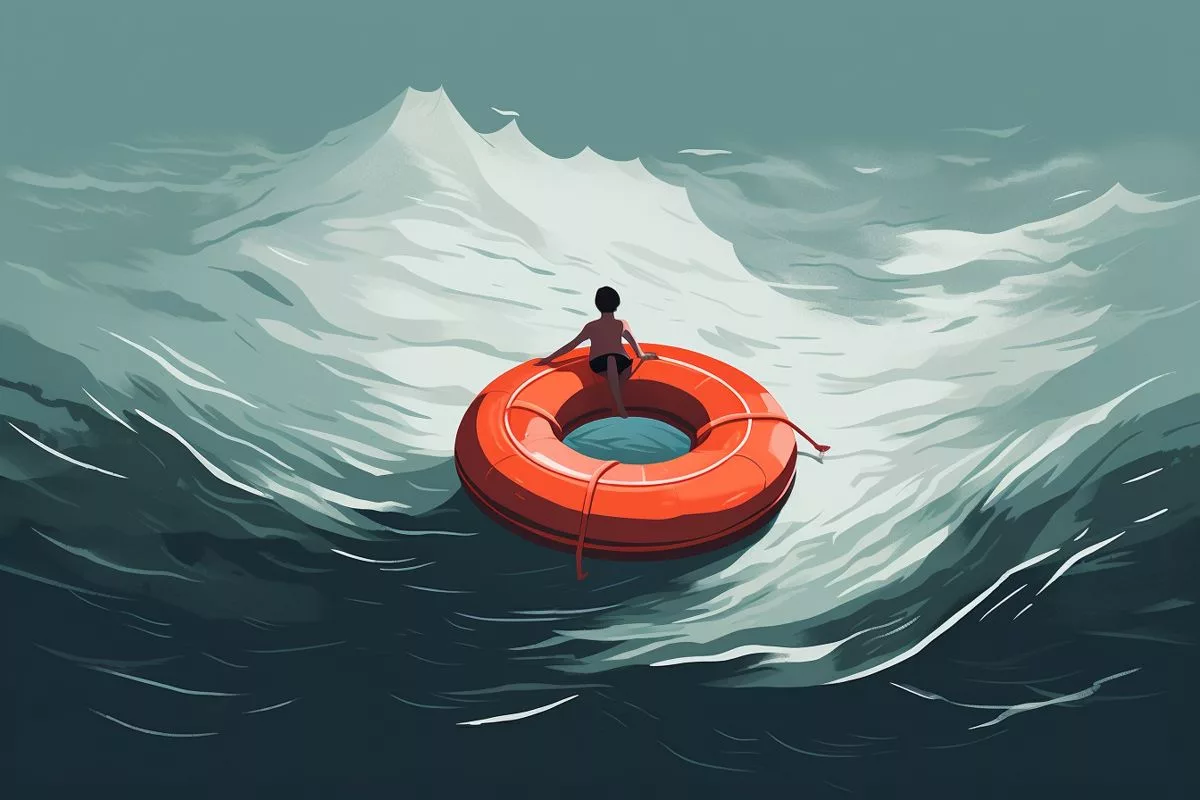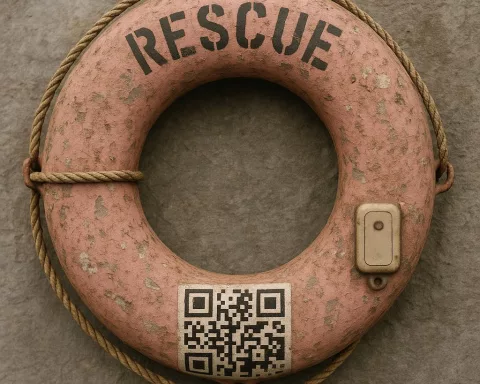The National Sea Rescue Institute (NSRI) is leading the charge in ensuring summer fun is also safe. Their Survival Swimming Program teaches essential water safety skills to people of all ages, free of charge. Certified instructors provide personalized, concentrated learning in small groups of three to five participants, covering skills such as floating, breath control, and freeing oneself from potential water hazards. With an ambitious goal of providing 25,000 Survival Swimming lessons and 750,000 Water Safety classes this season, the NSRI is committed to reducing South Africa’s high drowning rates.
NSRI’s Survival Swimming Program: Teaching Essential Water Safety Skills to All Ages. The program covers lessons on propulsion and breath control, orientation, floating, and the vital skill of freeing oneself from potential water hazards. Each class, lasting approximately 20 minutes, is offered free of charge and designed for small groups of three to five participants.
The Joy of Summer and the Role of NSRI
As we eagerly welcome the lively vigor of summer, our collective fascination gravitates towards the warmth of sunshine-filled days and the soothing rhythms of ocean waves. As we delve into the most cheerful season of the year, the National Sea Rescue Institute (NSRI) takes the lead with their commendable initiatives to ensure our summertime festivities are delightful as well as prioritizing safety.
NSRI’s Survival Swimming Program: An Initiative for All
At the forefront of NSRI’s initiatives is their yearly introduction of Survival Swimming classes. The program, which is designed and executed by NSRI, aims at a simple yet significant objective: teaching essential water safety skills to people of all ages, disregarding their financial conditions or proximity to bodies of water.
The Survival Swimming program provides an all-encompassing curriculum, crafted to equip even the most inexperienced swimmer with the necessary skills to confidently engage with water. The program covers lessons on propulsion and breath control, orientation, floating, and the vital skill of freeing oneself from potential water hazards. It also highlights the practical facets of drowning prevention tactics—an indispensable tool when facing water-related risks.
Each Survival Swimming class, lasting approximately 20 minutes, is offered free of charge and designed for small groups of three to five participants. This guarantees a concentrated, personalized approach, allowing for thorough skill learning and attentive progress tracking.
The Instructors and Their Commitment to Safety
The classes are supervised by a team of certified survival swimming instructors. These proficient swimmers are trained following international standards, hold first aid qualifications, and strictly comply with all safety protocols. Their skills are evaluated annually to make sure their training stays current, thorough, and sharp.
The Survival Swimming project was initiated in 2019 but experienced an unexpected break due to the COVID-19 pandemic. However, since its successful comeback last year, the Drowning Prevention (DP) team has accomplished its bold aim of delivering 15,000 Survival Swimming lessons and hosting 650,000 Water Safety classes.
Moving forward, the team has set an even more ambitious objective for the forthcoming season: providing 25,000 Survival Swimming lessons and an impressive 750,000 Water Safety classes. These goals are not just numbers on a tally; they represent the DP team’s unwavering commitment to reducing South Africa’s disconcertingly high drowning rates, notably higher among children during the summer swimming season.
This year’s classes, guided by the experienced DP instructors, will be held at swimming pools in several locations, including Hanover Park, Long Street Baths, Retreat, Blue Downs, Muizenberg, Sea Point, Wynberg, and Strand Pavillion.
For more information about the upcoming Survival Swimming lessons in your area, you can contact the NSRI via email at [email blocked].
A Testament to Community Engagement and Safety Education
The NSRI’s Survival Swimming program epitomizes the significance of community involvement, education, and an unwavering dedication to safety. As we revel in the joys of summer, let’s do so knowing that through initiatives like these, we’re not just learning how to swim; we’re learning how to survive.
What is the National Sea Rescue Institute’s Survival Swimming Program?
The National Sea Rescue Institute’s Survival Swimming Program is a free water safety program that teaches essential water safety skills to people of all ages. The program covers lessons on propulsion and breath control, orientation, floating, and the vital skill of freeing oneself from potential water hazards.
Who can participate in the Survival Swimming Program?
People of all ages can participate in the Survival Swimming Program, regardless of their financial conditions or proximity to bodies of water. The program is designed to equip even the most inexperienced swimmer with the necessary skills to confidently engage with water.
How are the Survival Swimming classes taught?
Each Survival Swimming class lasts approximately 20 minutes and is offered free of charge. The classes are designed for small groups of three to five participants to ensure a concentrated, personalized approach and allow for thorough skill learning and attentive progress tracking. The classes are supervised by a team of certified survival swimming instructors who are trained following international standards.
What is the goal of the NSRI’s Survival Swimming Program?
The goal of the NSRI’s Survival Swimming Program is to reduce South Africa’s high drowning rates, notably higher among children during the summer swimming season. The NSRI aims to provide 25,000 Survival Swimming lessons and 750,000 Water Safety classes this season.
Where are the Survival Swimming classes held?
This year’s classes, guided by the experienced DP instructors, will be held at swimming pools in several locations, including Hanover Park, Long Street Baths, Retreat, Blue Downs, Muizenberg, Sea Point, Wynberg, and Strand Pavillion.
How can I get more information about the Survival Swimming classes in my area?
For more information about the upcoming Survival Swimming lessons in your area, you can contact the NSRI via email at [email blocked].












